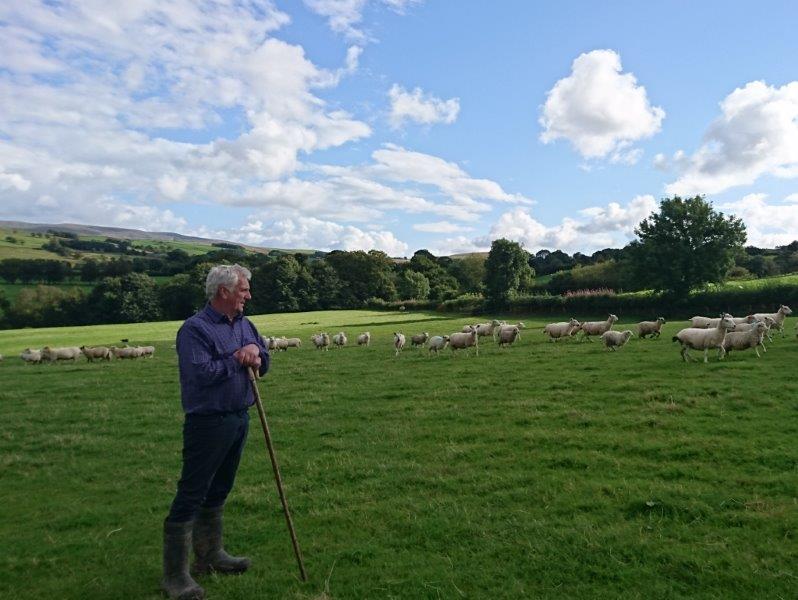 The Farmers’ Union of Wales has called for further UK Government assurances that vulnerable sectors in Wales, such as the sheep industry, will be protected in a no-deal Brexit scenario. The call comes following reports that government intends to cut 80-90% of all tariffs imposed on goods imported into Britain.
The Farmers’ Union of Wales has called for further UK Government assurances that vulnerable sectors in Wales, such as the sheep industry, will be protected in a no-deal Brexit scenario. The call comes following reports that government intends to cut 80-90% of all tariffs imposed on goods imported into Britain.
Speaking from his farm in North Wales, FUW President Glyn Roberts said: “Over the last couple of weeks we have met with Government officials and former Minister for Farming George Eustice, and have stressed that the livestock, and in particular the sheep industry, is the among the most vulnerable under almost all the Brexit scenarios possible.
“Given the dominance of the livestock sector in Wales and that we have 30% of the UK sheep population, our nation is particularly exposed to the dangers, so UK Government needs to ensure tariffs and Tariff Rate Quotas are set at levels which protect our industry.”
Mr Roberts said he had been encouraged by a number of commitments to protect UK agriculture given in recent weeks by Secretary of State Michael Gove and George Eustice.
However, other members of the Cabinet have been vocal in advocating low or zero tariffs which would be devastating for a number of industries, and on Tuesday (March 6) Sky News reported that the Department for International Trade (DIT) intends to cut 80-90% of all tariffs imposed on goods imported into Britain, including many agricultural products.
“Implementing such cuts would be devastating and short-sighted, representing a ‘race to the bottom’ and a betrayal by government. We are therefore seeking assurances that the tariff documents due to be published in coming days will not propose such cuts,” said Mr Roberts.
The Union President added that the FUW would also encourage MPs to block any such proposals should they be announced.
“We need tariffs and quotas on imports that give the required protection to all our industries, and in the worst case scenario of a no-deal Brexit we expect the UK Government and Parliament to provide the protection our farming and food industry needs,” he said.


